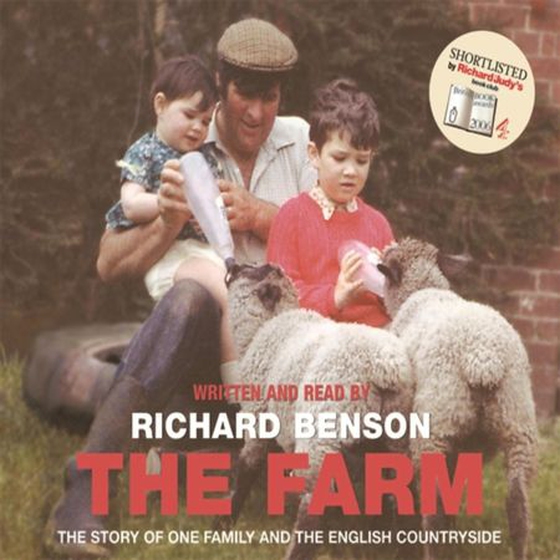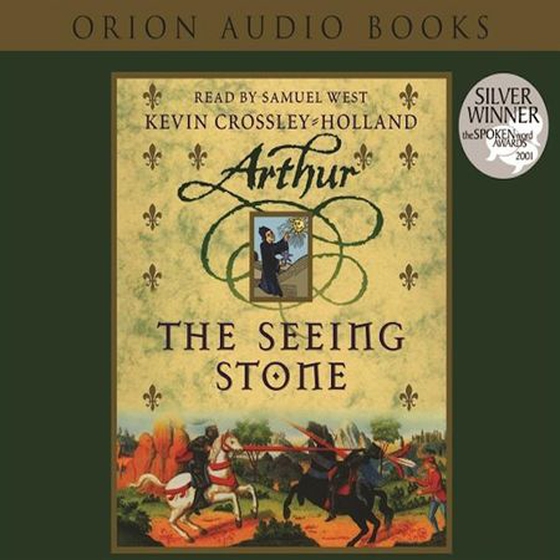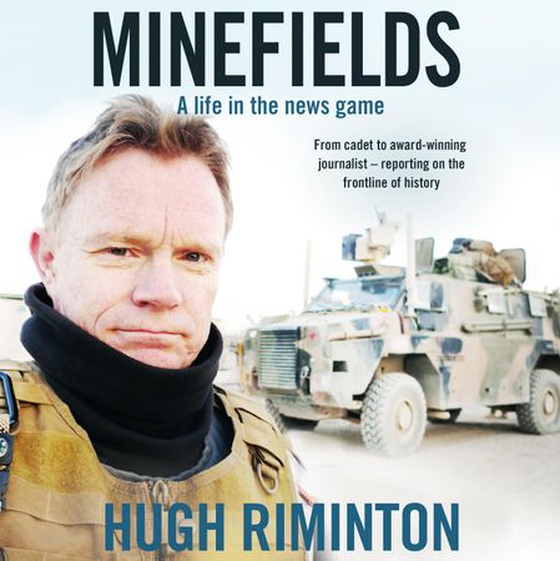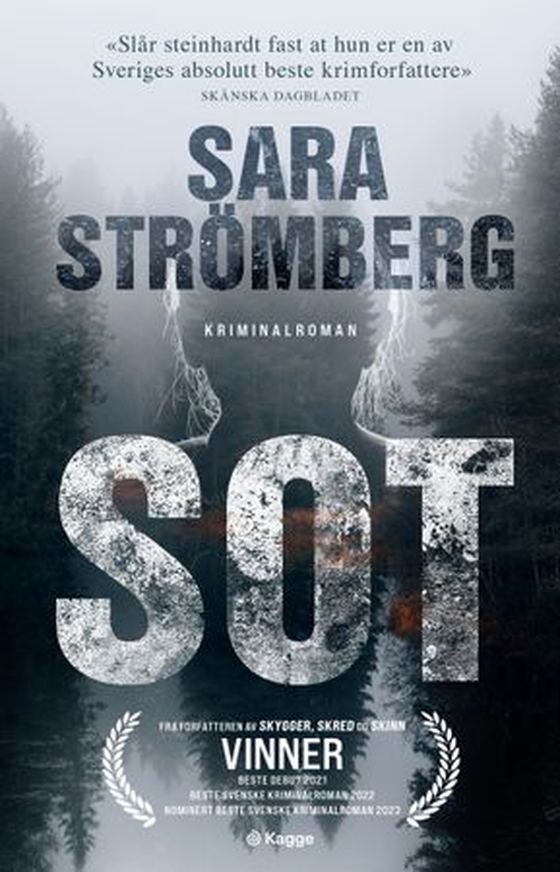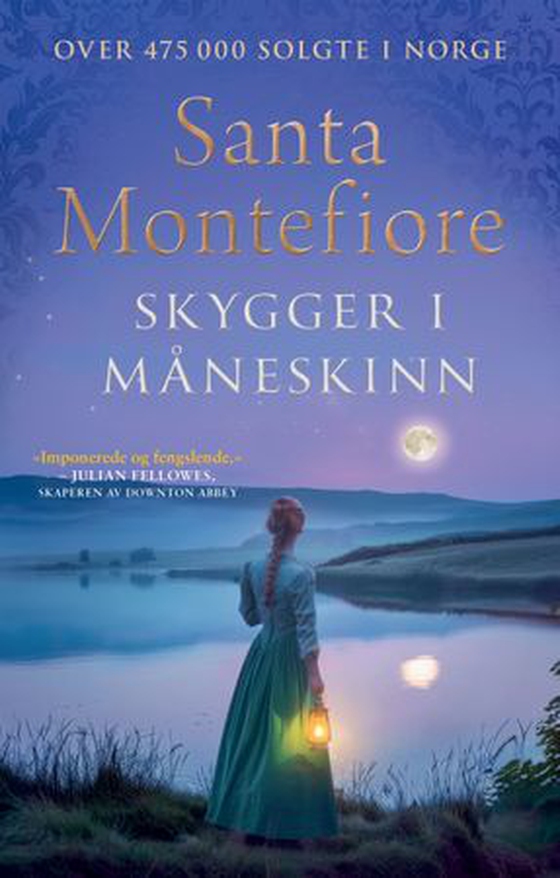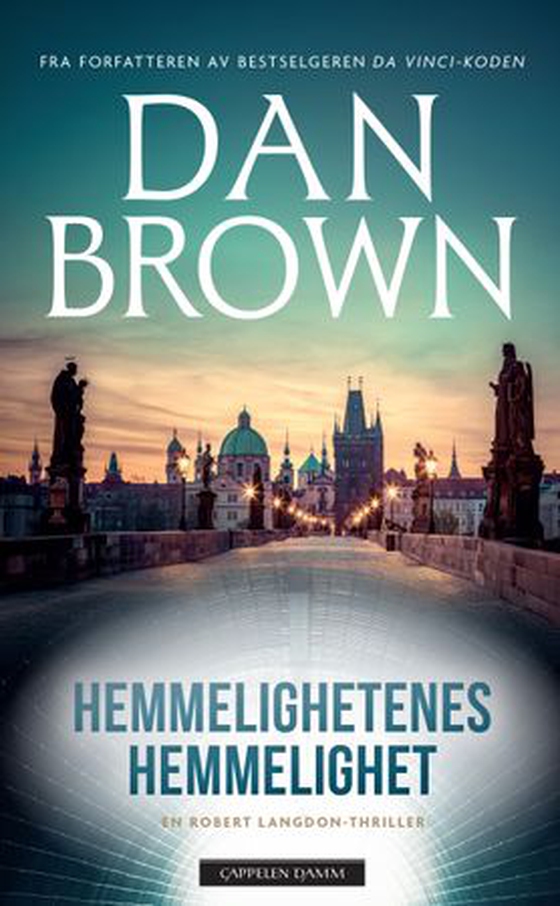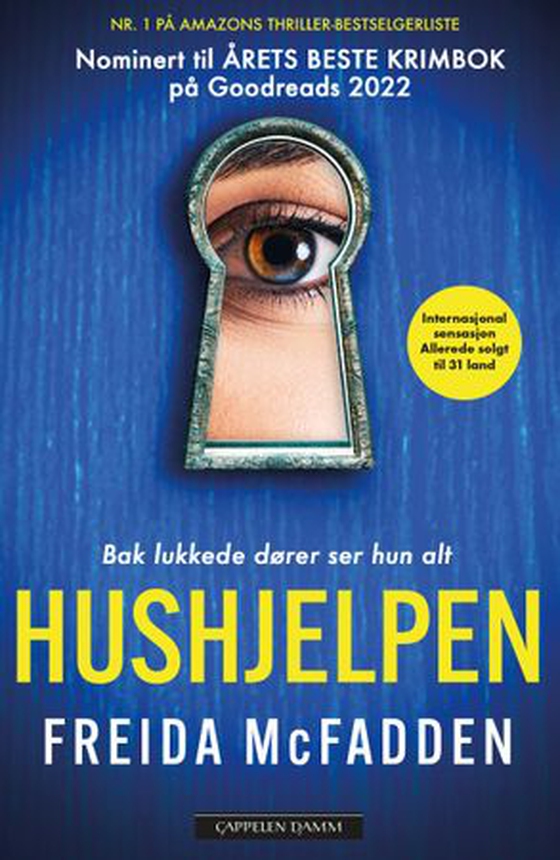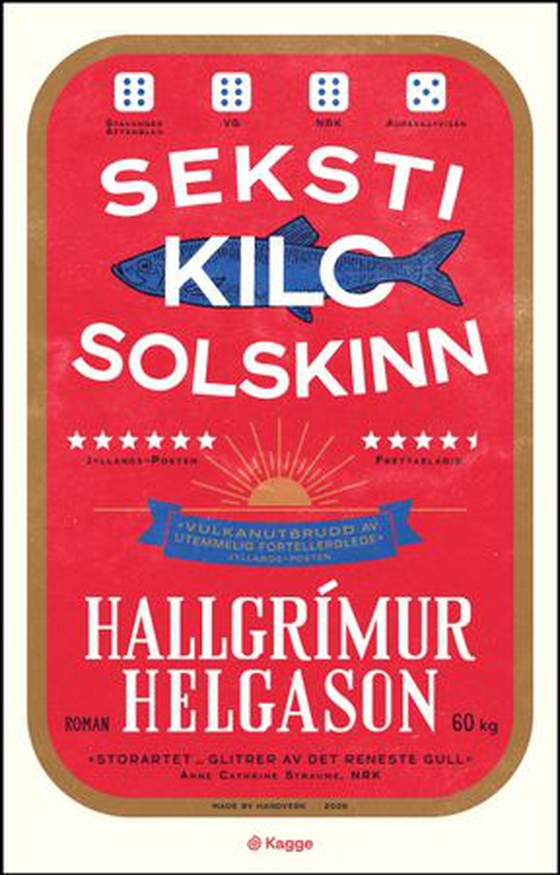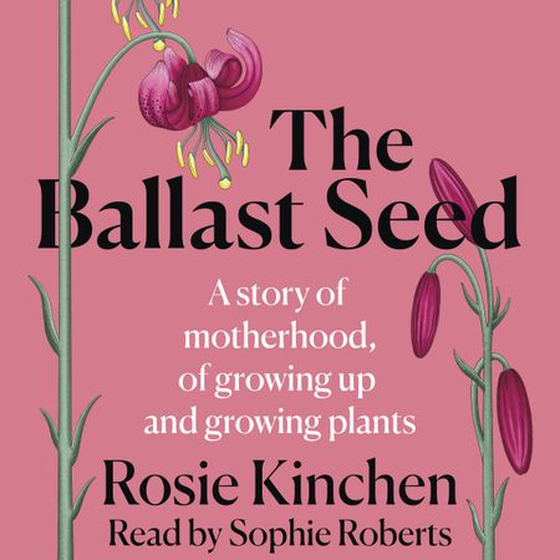
The Ballast Seed lydbok
236,-
'I loved The Ballast Seed. I couldn't put it down. Beautiful and sad and hopeful all at once - luminous and lush, full of dirt, darkness, sun light and soft new growth. It's a story of vulnerability, persistence and the will to live. This is a memoir that will make you weep, then roll up your sleeves and plant the seeds of a new life.' Cal Flyn author of Islands of AbandonmentThe surprise of a se…
'I loved The Ballast Seed. I couldn't put it down. Beautiful and sad and hopeful all at once - luminous and lush, full of dirt, darkness, sun light and soft new growth. It's a story of vulnerability, persistence and the will to live. This is a memoir that will make you weep, then roll up your sleeves and plant the seeds of a new life.' Cal Flyn author of Islands of AbandonmentThe surprise of a second pregnancy, so soon after the birth of her first son, plunged Rosie into a despair that spiralled into deep depression. Terrified at the prospect of adding another child into her already precariously balanced life, Rosie was compelled to find a new way of living. She found herself instinctively drawn to the local parks and scraps of communal green spaces in her local south east London neighbourhood, and to therapy via tending a hidden garden deep within the city. Interlaced with her responses to the travel journals of an eccentric 19th century female botanist and adventurer, Rosie elegantly describes how these pockets of nature amidst the urban sprawl provided just enough to mend her broken spirit.
Andre har også kjøpt
Undertittel
A story of motherhood, of growing up and growing plants
Forlag
Weidenfeld & Nicolson
Utgitt
09.06.2022
Lengde
6:57
Sjanger
Hus og hage, Biografier, Helse og livsstil, Dokumentar og fakta, Hobby og fritid
Språk
English
Format
mp3
DRM-beskyttelse
App-only
ISBN
9781474618410
'I loved The Ballast Seed. I couldn't put it down. Beautiful and sad and hopeful all at once - luminous and lush, full of dirt, darkness, sun light and soft new growth. It's a story of vulnerability, persistence and the will to live. This is a memoir that will make you weep, then roll up your sleeves and plant the seeds of a new life.' Cal Flyn author of Islands of Abandonment
The surprise of a second pregnancy, so soon after the birth of her first son, plunged Rosie into a despair that spiralled into deep depression. Terrified at the prospect of adding another child into her already precariously balanced life, Rosie was compelled to find a new way of living. She found herself instinctively drawn to the local parks and scraps of communal green spaces in her local south east London neighbourhood, and to therapy via tending a hidden garden deep within the city. Interlaced with her responses to the travel journals of an eccentric 19th century female botanist and adventurer, Rosie elegantly describes how these pockets of nature amidst the urban sprawl provided just enough to mend her broken spirit.
The surprise of a second pregnancy, so soon after the birth of her first son, plunged Rosie into a despair that spiralled into deep depression. Terrified at the prospect of adding another child into her already precariously balanced life, Rosie was compelled to find a new way of living. She found herself instinctively drawn to the local parks and scraps of communal green spaces in her local south east London neighbourhood, and to therapy via tending a hidden garden deep within the city. Interlaced with her responses to the travel journals of an eccentric 19th century female botanist and adventurer, Rosie elegantly describes how these pockets of nature amidst the urban sprawl provided just enough to mend her broken spirit.
Ingen anmeldelser ennå






